Google's finally stepping up to tackle one of the internet's most harmful problems: nonconsensual intimate images. TechCrunch reports that Google is partnering with UK nonprofit StopNCII to bolster its efforts at combating revenge porn. The search giant will begin using StopNCII's hashes, digital fingerprints of images and videos, to proactively identify and remove nonconsensual intimate imagery on Search. What makes this significant is that Google has been slow to adopt StopNCII's system. about 18 months after Microsoft integrated the tool into Bing in March 2024. Why did it take this long?
This move signals a strategic shift from reactive content moderation to prevention. Finally. For the millions of victims who've waited for Google to take this step, it reads like hope, a chance to stop harmful content before it spreads rather than after the damage is done.
The road ahead for digital safety
Bottom line, Google's partnership with StopNCII is a big step forward, and it highlights how many moving parts are needed to address NCII abuse. The regulatory momentum is building fast, this initiative could influence debates in the EU and the U.S. by showing that proactive technical solutions can sit alongside punitive measures.
Law is evolving alongside the tech. The UK has recently moved to criminalize the creation of sexually explicit deepfakes and has strengthened offences for sharing intimate images without consent, and the EU's AI Act is now in force, requiring deepfake creators to clearly disclose that material was created by AI. Those legal muscles make prevention tools bite.
The scale is staggering. Global estimates point to approximately 49.7 million victims and 428 million images generated each year worldwide. That is not just a technology challenge, it is a question about digital consent and human dignity in online spaces.
What encourages me here is the shift from symbolic gestures to systems that actually block harm. The hash-matching approach builds infrastructure that can scale with the problem instead of chasing symptoms. Google's adoption legitimizes proactive prevention and could accelerate development of even more sophisticated protection tools.
The road ahead needs steady coordination between platforms, governments, and civil society organizations. Google's move shows the industry is finally laying the technical groundwork to turn the tide on NCII abuse. It is overdue, but it is real progress.




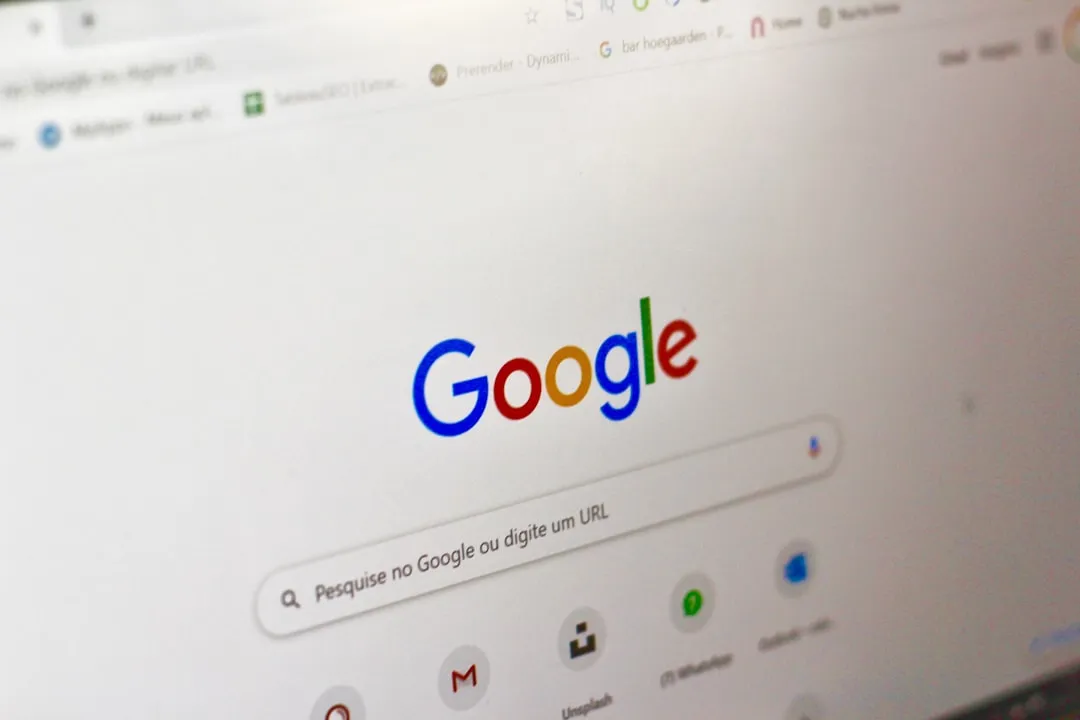
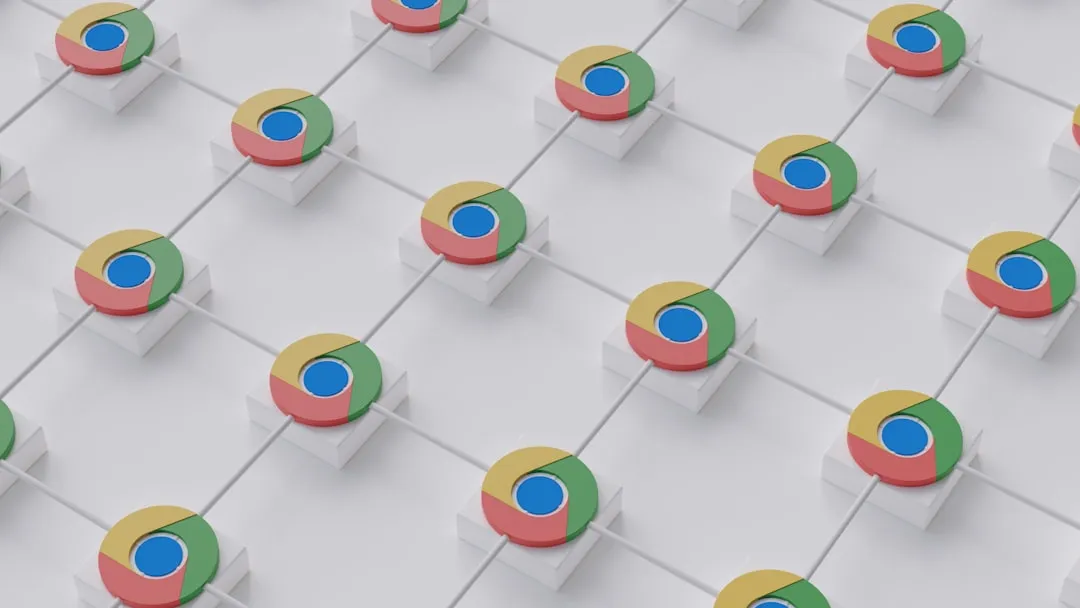
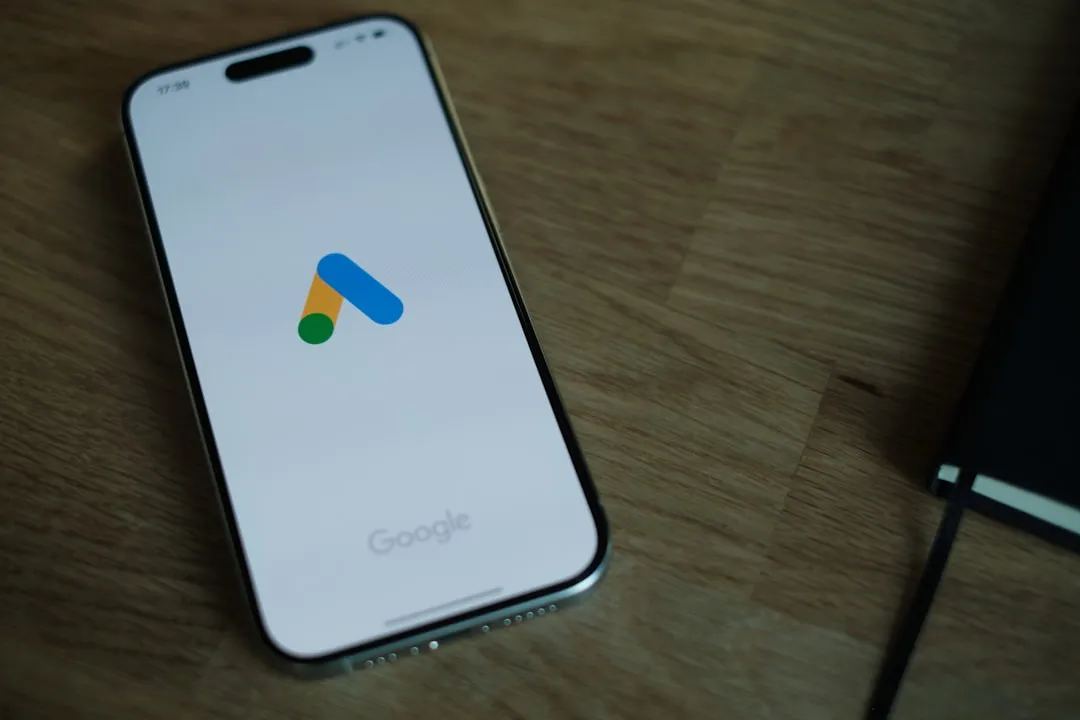

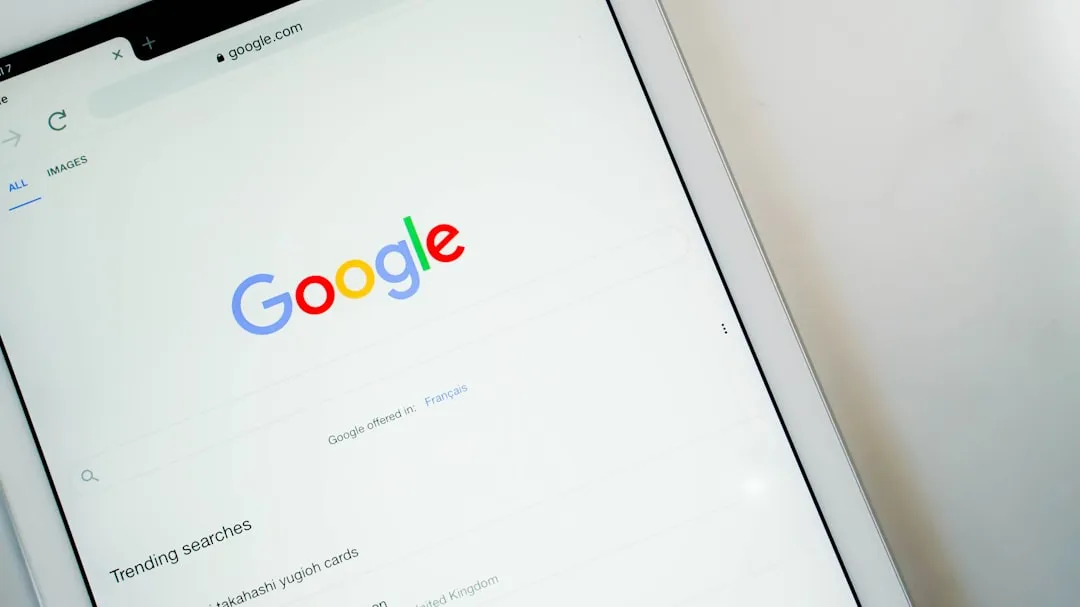
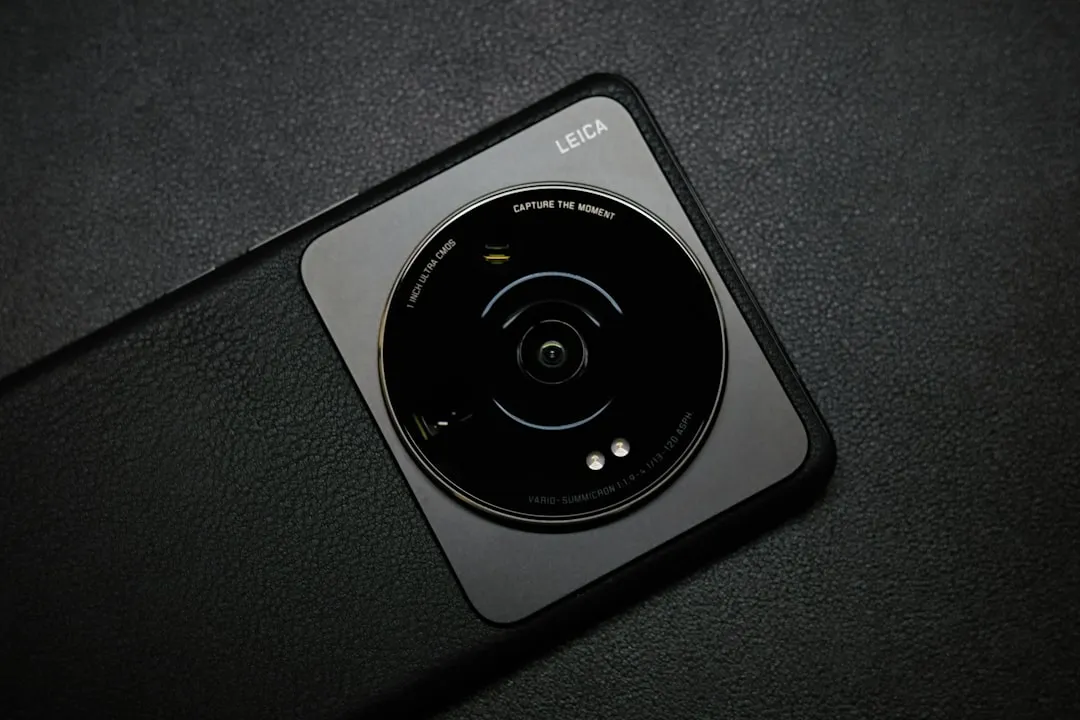
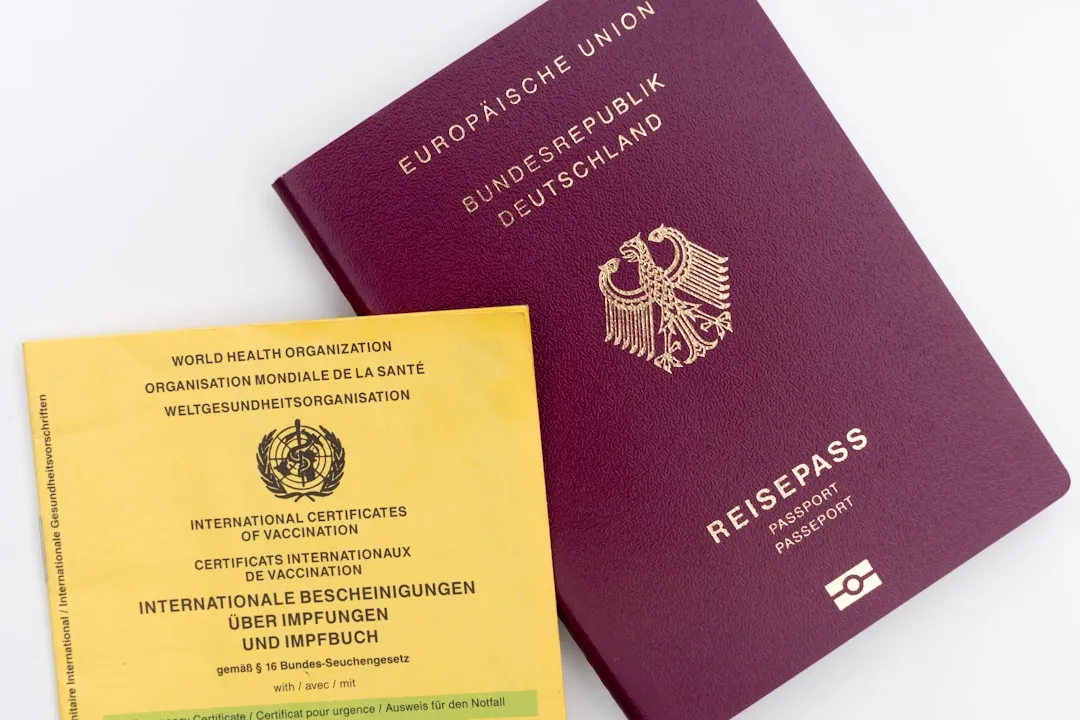

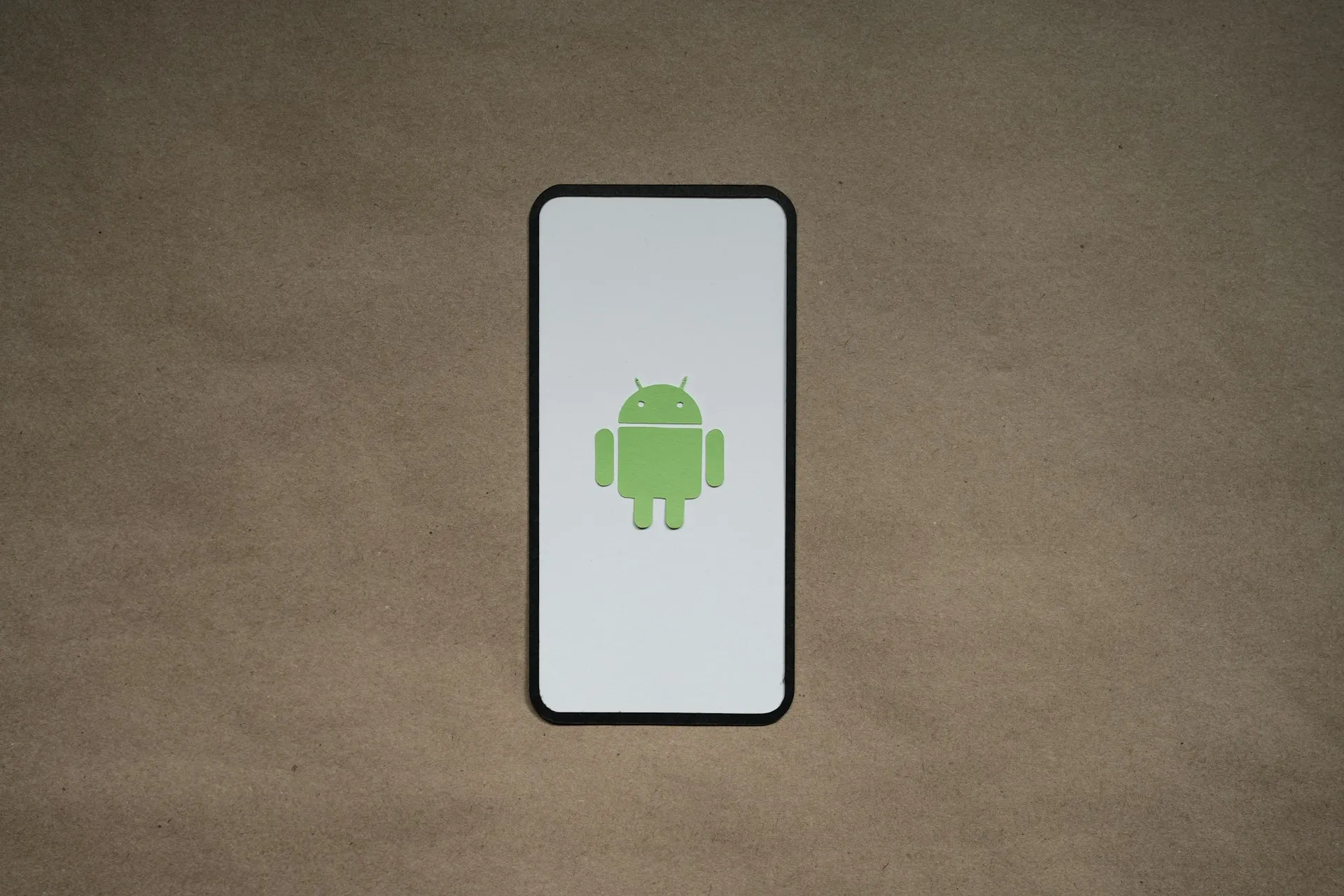

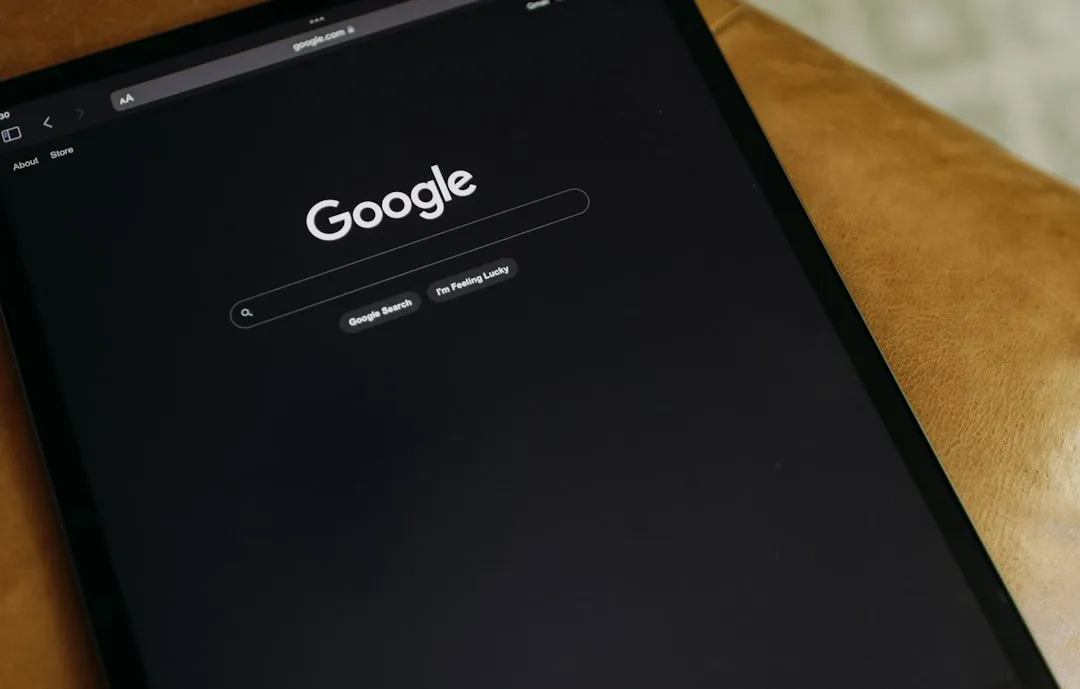








Comments
Be the first, drop a comment!